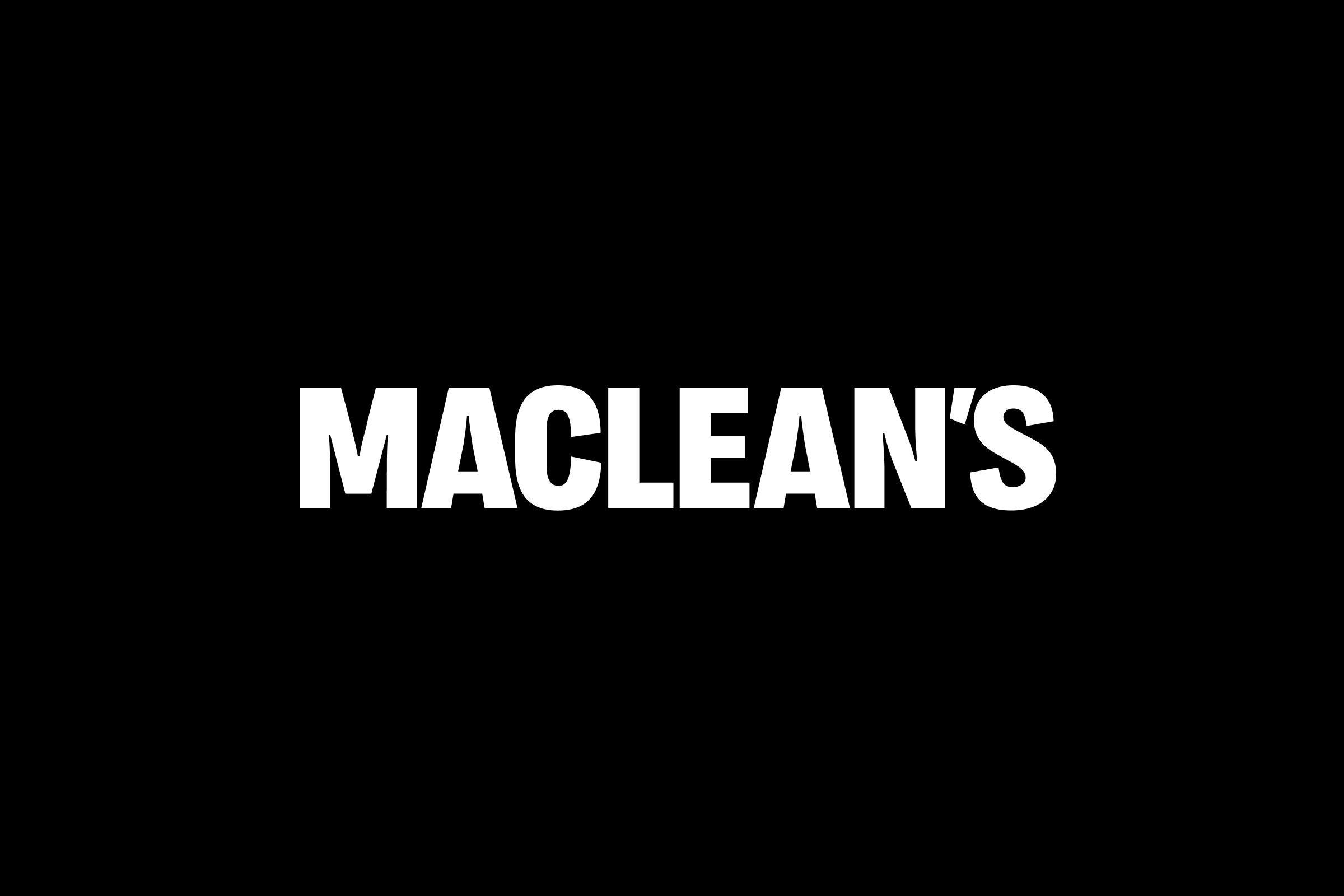responsible journalism
And another one on responsible communication
Q: Is Jeffrey Dvorkin’s analysis of the new defamation-law scene the product of expired eggnog? His piece entitled “Libel law reform: Be careful what you wish for” warns that the recent Supreme Court decision is “no early Christmas present” for Canadian media companies, and since that is exactly how I characterized it, I feel entitled to object to his contrarian Hail Mary.
How the devil does business
As the content of the Supreme Court’s “responsible communication” ruling propagates, I am seeing and hearing a lot of despairing wails of “Oh, TMZ will just love this!” Well, I’m sure the folks at TMZ love it when someone complains about them—usually, one guesses, in between visits to the site. In a mere matter of months TMZ has managed to replace the poor old Enquirer as the go-to synecdoche for the irresistible evils of celebrity-stalking.
An irresponsibly quick reaction to “responsible communication”
Don’t expect much from your journalism elite today, citizens: we’ll be busy celebrating our early Christmas gift from the Supreme Court of Canada. It was widely anticipated that the SCC would follow other Commonwealth jurisdictions in creating a new “responsible journalism” defence to defamation. It’s one that encourages contextual analysis of defamatory words, rather than casuistic focus on individual terms; creates less of a “strict liability” environment for journalists; and allows for the repetition of defamatory statements if the mere fact that those statements were made is itself news and the statements were properly attributed and set in context.
